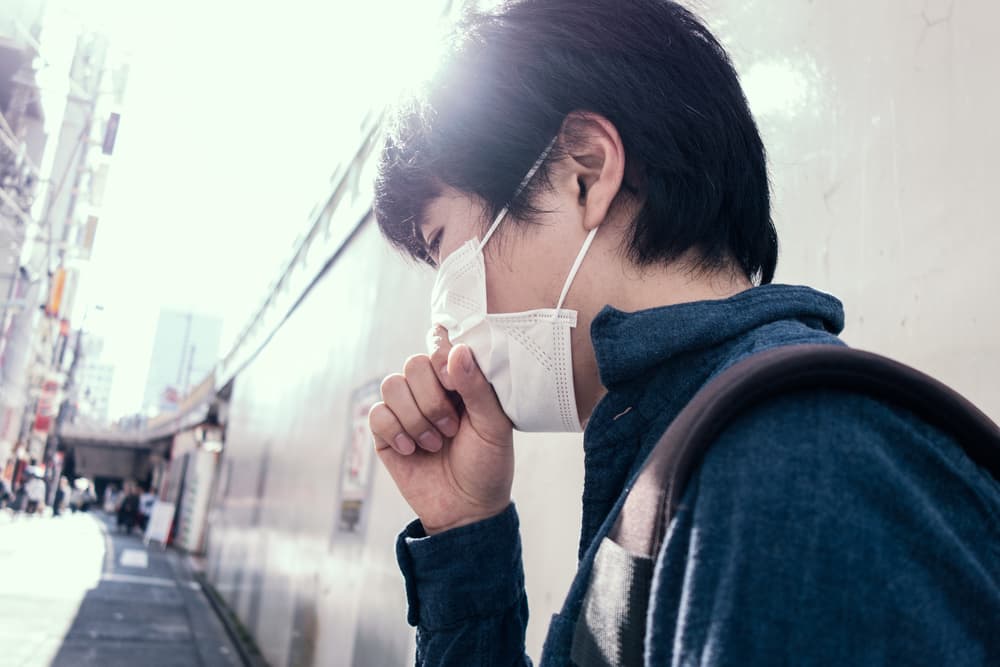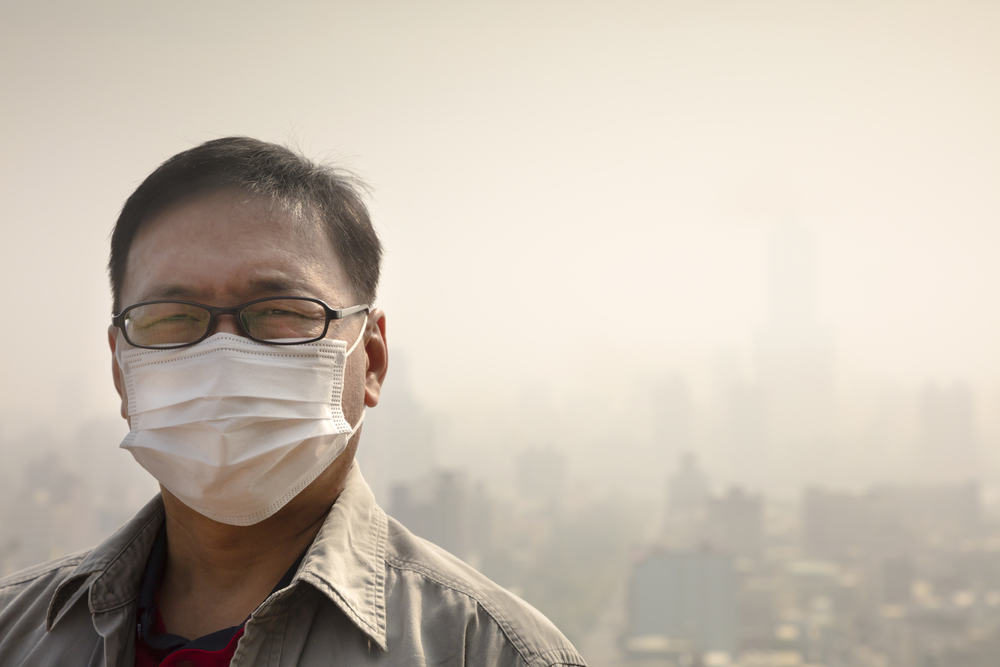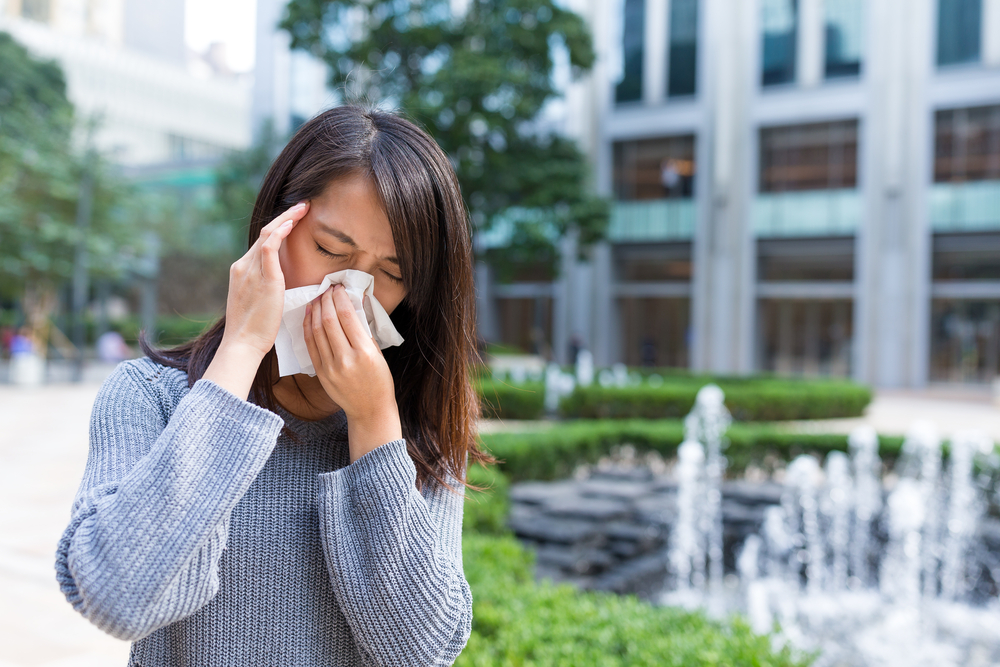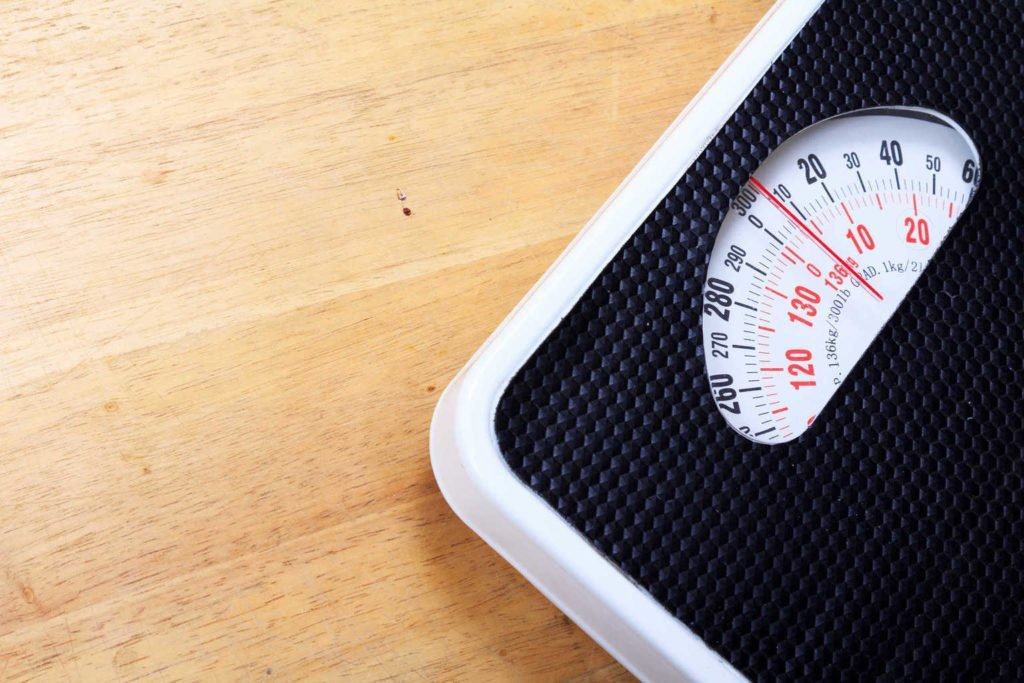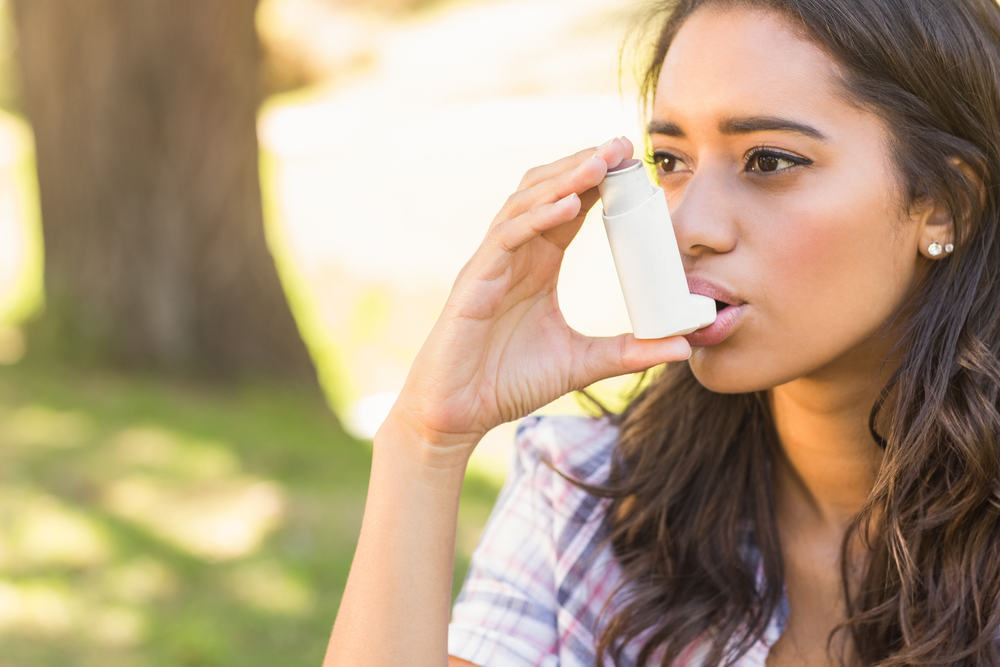Contents:
- Medical Video: The Truth About George Washington
- Why is air pollution very dangerous?
- Avoid the danger of air pollution
- 1. Use AQI to check the air quality outside the home
- 2. Clean the floor from dust and dirt where you live regularly
- 3. Keep the humidity in the house
- 4. When going out, use a mask
Medical Video: The Truth About George Washington
Air pollution can be found through the dust you breathe everyday. Inhaled air pollution is of particular concern because it is associated with lung disease, for example pneumoconiosis. There are many more air pollution hazards to watch out for, especially those of you who live in certain areas.
You can get other diseases that spread air pollution through dust. Among others, such as cancer, asthma, allergies and irritation, and various kinds of diseases that may occur at a much lower level of pollution exposure.
Why is air pollution very dangerous?
Dust is one type of pollutant (a substance that causes pollution, in this case air pollution) with a size of less than 100 micrometers. Dust can be inhaled into the airways, so it's not surprising that dust is closely related to lung disease.
In the short term, air pollution can aggravate the symptoms people have with a history of asthma, COPD (chronic obstructive pulmonary disease), and a history of heart disease (ischemic heart, arrhythmia, and heart failure). Some lung diseases caused by inhaling dust in the long term are asbetosis (due to inhalation of asbestos dust), silicosis (due to inhalation of silica dust), and in high levels can also cause poisoning, such as lead poisoning.
The long-term effects of air pollution on the heart are the same as the effects of smoking. Both accelerate the formation of plaques that can clog the coronary arteries.
Indeed, not all dust is dangerous. Usually dangerous dust is found in industrial workplaces. Here are the types of harmful dust that can cause disease.
- Mineral dust, for example silica-containing.
- Metallic dust, can contain lead and cadmium.
- Other chemical dust, such as pesticides.
- Vegetable dust, such as wood, flour, cotton, tea, and flower powder.
- Yeast and spores (mushrooms).
Not only high-risk workers. If you live and work around a building, a factory, or a waste disposal site, you are at high risk of getting sick from the air pollution. Especially for wood dust can be found in areas that still use firewood for cooking and other daily necessities.
Avoid the danger of air pollution
As explained above, dust from inhaled air pollution will cause respiratory problems to the danger for the surrounding environment. Moreover, if you have had a respiratory disease before. It is recommended to improve and always carry inhaler wherever you go, especially to places where the air pollution is high.
People who don't have serious health problems may also experience symptoms such as dry throat, sore eyes, and cough when in an environment where the air pollution is high. The following below, are some ways that can be done to prevent and reduce the danger of air pollution.
1. Use AQI to check the air quality outside the home
If you want to travel out of the house, check AQI (air quality index) issued by official institutions or government. For those of you who live in big cities, please visit this link to see the AQI or the air quality where you live.
If air pollution is at a high level and you have to go outside, limit the activity to morning or wait until sunset. You should also avoid physical activity that is too heavy in a dusty environment because the faster you breathe, the more pollution of the air you breathe.
2. Clean the floor from dust and dirt where you live regularly
Chemicals and allergens from air pollution can accumulate and accumulate into dust in the environment and inside your home. The way to minimize the spread of air pollution is to use a vacuum containing a HEPA filter. This type of vacuum or cleaner can reduce dust and dirt made from chemicals brominated (PBDEs), as well as allergens such as pollen, pet dander, and dust mites.
3. Keep the humidity in the house
In addition to using HEPA filters, you are advised to maintain moisture levels in the room of your home or office. You can use ithumidifierto moisturize the air of the room. Try to keep the air humidity around 30% -50%, moisture with these levels can help control allergens and other respiratory disease triggers.
4. When going out, use a mask
Always use a mask to block inhaled air pollution that can enter the respiratory tract. However, some masks sold on the market are not the right masks to prevent and block air pollution.
Wear the best protection against pollution because masks made from several layers prove to be better for filtering inhaled air. For example, type n95 mask. Simple actions like wearing a mask can protect you from the dangers of air pollution that lurks every day.

